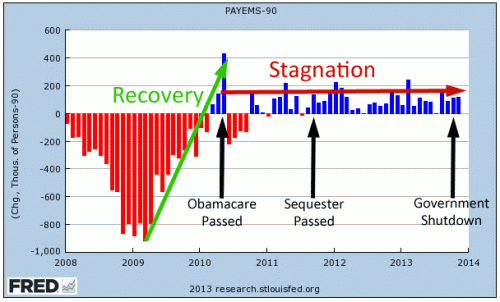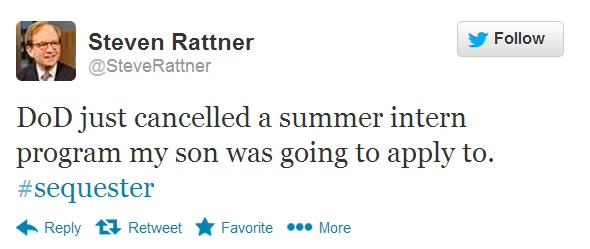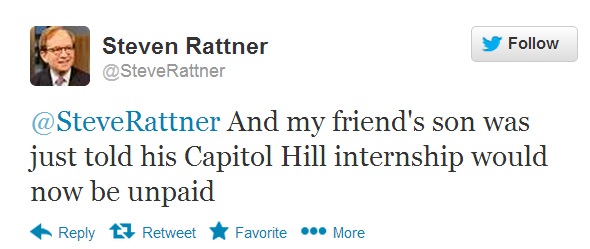The Washington Post has a very good article on failures of Obamacare exchange implementation. The Left is finding the article to be convincing evidence that the failures were all ... wait for it .. the Republican's fault.
Every single failure, save one, in the article (we'll come back to that one in a minute) was due to the Administration's fear of Republican criticism. So results were hidden, bad decisions were made, and key steps were delayed until after the last election. All because the Obama Administration appears to incredibly thin-skinned about criticism.
But blaming these decisions on Republicans and other Obamacare opponents is absurd. One could easily say that the bad decisions made by the Nixon administration to cover up Watergate and other campaign shenanigans were driven by a fear of political reprisals by Democrats, but no one would be crazy enough to blame the Democrats for them. It reminds me of the folks who wanted to blame failures in the Vietnam war on the anti-war movement. But that is exactly what is going on here, and the amazing thing is just how many people seem willing to enable and support this incredible evasion.
The one other example that Republicans are supposedly to blame is latched onto by Kevin Drum, among others, quite eagerly. Apparently, the PPACA legislation, which was written entirely by Democrats and passed without a single Republican vote, failed to actually provide financing for an enormous new organization to build and run the exchanges. And, amazingly enough, Republicans refused to fix the Democrat's problem with the Democrat-written legislation in a law they hated and wanted repealed. So the Obama Administration had to build the exchanges within the existing CMS organization, which botched the implementation. And for THAT, apparently Republicans are to blame for it all.
Of course, beyond the just bizarre "buck stops anywhere but here" mentality, there are other problems with this logic. First, it is hard to believe that a brand new greenfield organization run entirely by Obama's policy folks and completely without any systems experience would have done better than an organization that at least has some health care systems experience. Further, would the schedule really have been aided by having to start an entirely new organization from scratch? Finally, it is clear from the article that a large part of the reason for moving the work to CMS was not just money but a desire to avoid transparency, to bury and hide the work. Even had the financing mistake** not been made, one gets the sense that Obama might have buried the effort inside CMS anyway.
In fact, this is the overriding theme from the entire article. Every decision made for the Obamacare implementation seemed to be driven by political expediency first, avoiding transparency and accountability second, and actual results last. It is well worth reading yourself to see what conclusions you draw.
** I am not entirely convinced it was a mistake. Remember, the Democrats were scrambling to make the PPACA seem budget neutral. They might easily have left out key bits of financing they know they needed, thinking they could hide the appropriation later. A plan that died when Scott Brown was unexpectedly elected.




